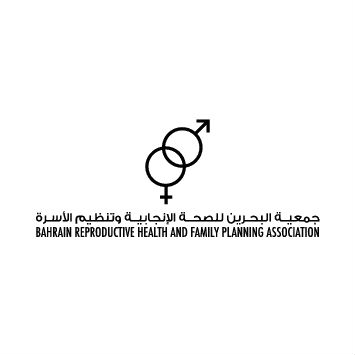

| 31 March 2016
Bahrain Reproductive Health Association
The Bahrain Family Planning Association (BRHA) was founded in 1975, the organization has played a critical role in promoting reproductive health. Bahrain and in achieving government support to adopt necessary policies on reproductive health (RH) including the incorporation of (RH) into the school curriculum. BRHA receives support from the ministries of health, social development, labour, and education, and it partners closely with the upper and lower government house (the parliament and the Shoura Council). BRHA operates a highly successful telephone hotline service which provides counseling and advise on reproductive health to callers from both Bahrain and neighboring countries. The very particular needs and the constraints in Bahrain mean the BRHA is highly focused on advocacy and is limited in its capacity to deliver direct education (RH) services. However, it does run strong information, education and communication (IEC) programs (targeted towards young people and women) and extensive education and literacy initiatives which are particularly designed to reach out to all community groups.

| 31 March 2016
Fianakaviana Sambatra - Madagascar Association
Relative to much of Africa, Madagascar has high levels of contraceptive use, but high birth rates coupled with endemic poverty and limited government-led sexual and reproductive health (SRH) provision mean that child mortality and maternal death figures are high. Fianakaviana Sambatra (FISA) has been fighting since 1967 to improve the nation’s SRH through advocacy, education and direct service provision. Currently, it runs 67 service points, including: 11 permanent clinics, 3 mobile units and 12 community-based services (CBSs), across 6 of the country’s regions. FISA works with 5 associated clinics and 29 private practitioners. FISA has 70 full-time staff, 184 peer educators, and a youth action movement made up of 42 members. FISA delivers a wide range of services: family planning, prevention and management of HIV and AIDS and the provision and dissemination of comprehensive SRH materials. FISA has used its on-the-ground experience to advise government on national SRH policy. It has partnered with the Ministry of Health, Family Planning and Social Protection, and the Ministry of Youth to advocate for a concerted approach to resolving the critical SRH issues currently facing the country. At the same time, it works with non-governmental organizations (NGOs) such as Marie Stopes International, and the ASSONG coalition of NGOs. FISA receives financial support from UNFPA, the Big Lottery Fund, Amélioration de la Qualité De Services, the EU and IPPF’s Japan Trust Fund. It’s also closely connected to other organizations promoting SRH rights across the country and the region.







